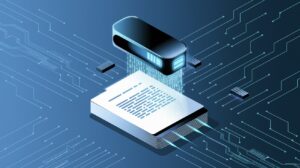
What Are AI Agents?
An artificial intelligence (AI) agent is a software program that interacts with its environment, collects data, and autonomously performs tasks to achieve predefined goals. While humans set the goals, AI agents determine the best course of action to accomplish them.
Example:
A contact center AI agent aims to resolve customer queries efficiently. It:
• Asks relevant questions.
• Searches internal documents for information.
• Provides solutions.
• Decides whether to resolve the query itself or escalate it to a human agent.
A consumer goods company optimized global marketing campaigns with an AI agent, reducing a process that once required six analysts per week to just one employee working with the AI agent, delivering results in under an hour.
How It Works:
- Data Gathering – The AI agent autonomously collects and integrates marketing data.
- Performance Analysis – It analyzes campaign metrics and compares them to expectations.
- Recommendations – The AI agent generates a standardized report suggesting optimizations.
- Action Execution – Upon approval, the AI agent updates media-buying platforms with its recommendations.
Benefits of Using AI Agents
Improved Productivity
- AI agents handle repetitive tasks, allowing business teams to focus on strategic or creative activities.
Reduced Costs
- By automating processes and minimizing human errors, AI agents improve efficiency and cut unnecessary costs.
Informed Decision-Making
- AI agents use machine learning (ML) to analyze real-time data, helping businesses make accurate and timely decisions.
Enhanced Customer Experience
- AI agents personalize product recommendations, provide instant responses, and boost engagement, conversion, and customer loyalty.
How Do AI Agents Work?
- Observe – AI agents collect and process information from their environment, retaining memory across interactions.
- Plan – Using language models (LLMs or SLMs), they evaluate problems, set goals, and determine actions.
- Act – AI agents interact with enterprise systems, delegate tasks, and refine their actions based on feedback.
Key Components of AI Agents:
- Interfaces & APIs – Connects the AI agent to users, databases, and enterprise tools.
- Memory Module – Stores short-term and long-term data for contextual awareness.
- Profile Module – Defines the AI agent’s role, goals, and behavioral patterns.
- Planning Module – Uses ML models to develop action plans.
- Action Module – Executes tasks via enterprise system integrations.
Types of AI Agents
- AI agents range from basic coding assistants to advanced automation networks.
Basic AI Assistant – Generates code upon developer prompts.
Advanced AI Agent – Analyzes an entire codebase and refines output automatically.
Autonomous AI Developer – Writes, compiles, and tests code independently.
Future AI Agents – May fully develop and deploy applications via automated pipelines.
Are AI Agents the Future?
AI agents are rapidly being adopted across industries, with the market projected to grow at a 45% CAGR over the next five years.
How Avenir Digital Can Help
Avenir Digital provides end-to-end AI agent solutions, including:
• Defining the purpose & scope of your AI agent.
• Collecting & preparing training data.
• Selecting the right machine-learning model.
• Training, testing, and validating AI agents.
• Deploying & monitoring AI agents for continuous improvement.
contact us at → [email protected]
Need an appointment



Quick Links
We build really better idea
Subscribe for newsletter & get day news, service updates
Resources


Need an appointment








